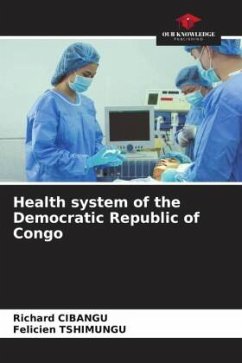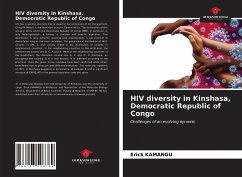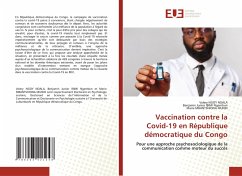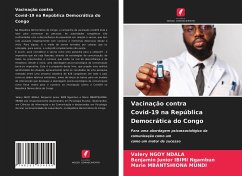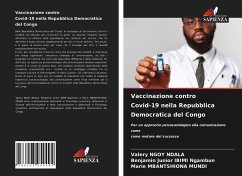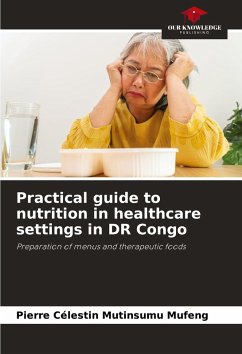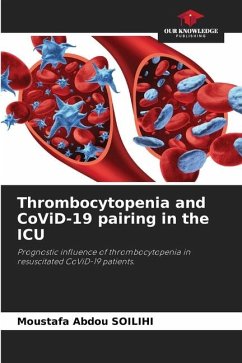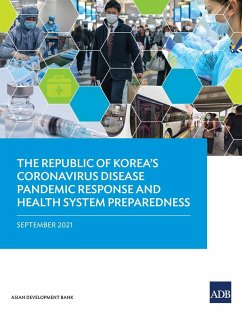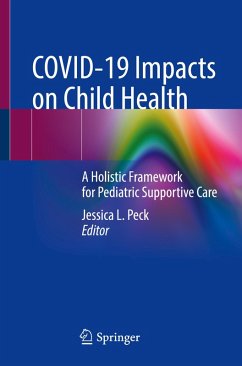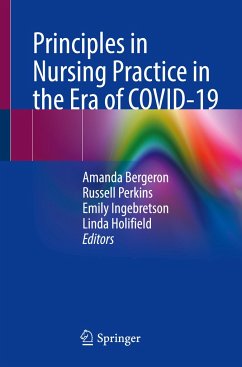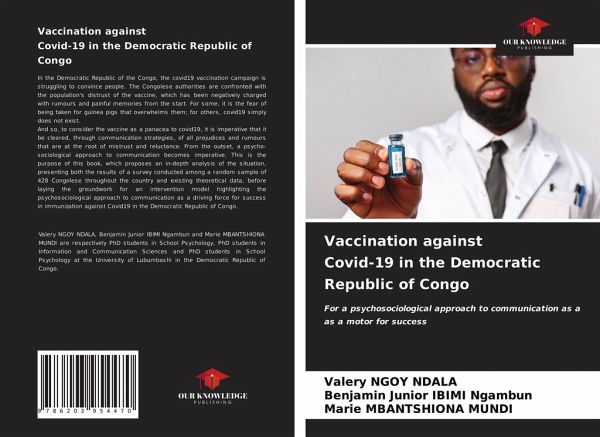
Vaccination against Covid-19 in the Democratic Republic of Congo
For a psychosociological approach to communication as aas a motor for success
Versandkostenfrei!
Versandfertig in 6-10 Tagen
36,99 €
inkl. MwSt.

PAYBACK Punkte
18 °P sammeln!
In the Democratic Republic of the Congo, the covid19 vaccination campaign is struggling to convince people. The Congolese authorities are confronted with the population's distrust of the vaccine, which has been negatively charged with rumours and painful memories from the start. For some, it is the fear of being taken for guinea pigs that overwhelms them; for others, covid19 simply does not exist.And so, to consider the vaccine as a panacea to covid19, it is imperative that it be cleared, through communication strategies, of all prejudices and rumours that are at the root of mistrust and reluc...
In the Democratic Republic of the Congo, the covid19 vaccination campaign is struggling to convince people. The Congolese authorities are confronted with the population's distrust of the vaccine, which has been negatively charged with rumours and painful memories from the start. For some, it is the fear of being taken for guinea pigs that overwhelms them; for others, covid19 simply does not exist.And so, to consider the vaccine as a panacea to covid19, it is imperative that it be cleared, through communication strategies, of all prejudices and rumours that are at the root of mistrust and reluctance. From the outset, a psycho-sociological approach to communication becomes imperative. This is the purpose of this book, which proposes an in-depth analysis of the situation, presenting both the results of a survey conducted among a random sample of 428 Congolese throughout the country and existing theoretical data, before laying the groundwork for an intervention model highlighting thepsychosociological approach to communication as a driving force for success in immunization against Covid19 in the Democratic Republic of Congo.



